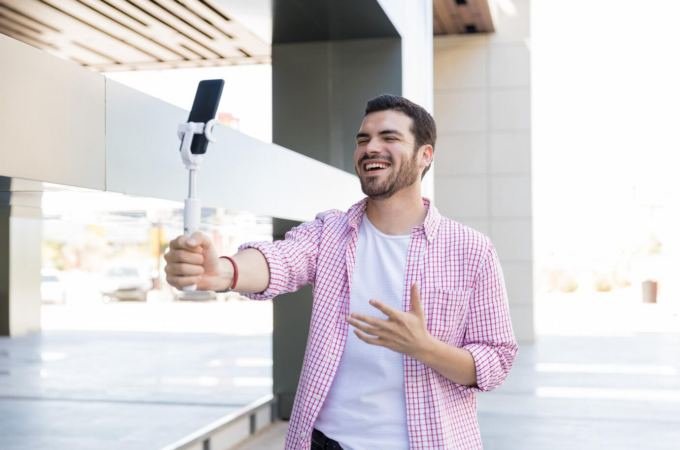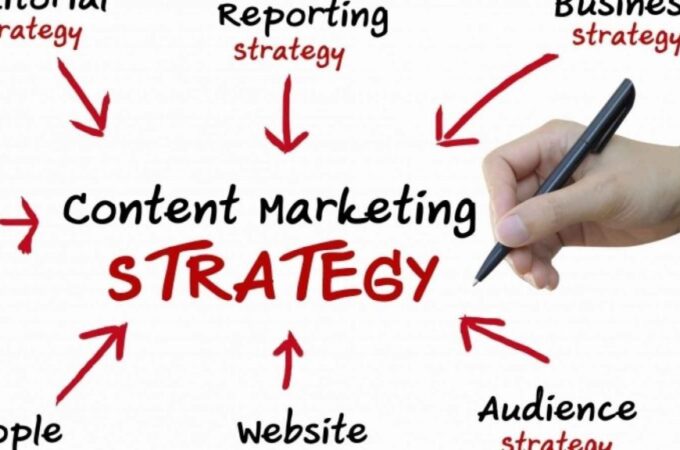
What Does SEO Stand For?
What Does SEO Stand For? The term refers to “Search Engine Optimization” and it is an industry which is concerned with the tools, techniques, and methods you use to attract Google’s attention such that it ranks your website in the best possible positions.
When an internet user enters a keyword into the Google bar, the order in which the results related to that keyword are displayed will depend on the rank of the individual websites. The higher the rank, the higher the position of the website in the search results, the more traffic one will attract, the more money they can expect to make.
SEO is designed to help websites rank higher. Google is hardly the only player in the search engine game but it is the only one that matters, because more than 80% of people use Google as their only search engine, which is why most SEO tools are targeted towards Google.
To make effective use of SEO, you must first understand the aspects that constitute its foundation, namely:
- On-Page SEO
- Off-Site SEO
On-Page SEO: What You Need to Know?

On-Page SEO refers to the practices you use to optimize the individual elements of your website, not just the content but even the HTML Code. On-Page SEO performs two primary tasks:
- It will give value to the human beings who have visited your website in search of some answer to their query.
- It will make your website more appealing to the search engine bots that index internet resources. This, in turn, will make search engines like Google more likely to recommend your website to other internet users.
These practices are called ‘On-Page’ because they are used to directly tweak the website itself in ways that are visible to visitors. On-Page SEO gives you complete control over the manner in which people and search engines will perceive your online resource.
And it is generally influenced by factors such as:
Content
Good content is the backbone of good SEO. In fact, a website with good content can get by just fine without Search engine optimization. But good SEO cannot save a website with bad content.
Good content must be original and it must feature exciting visuals such as images, videos, and infographics.
Good content must be relevant. It should add value to your website and its visitors in some fashion. It should be attractive, in-depth, and unbiased. Ticking all those boxes isn’t easy.
2) Page Title
The title tells users and search engines what your page is about and it is among the first elements search engines check. So it is quite important. The best page titles are not only short, unique, and descriptive but they feature notable keywords.
3) Meta Descriptions
Meta tags provide the description of a page that you see on the results page of a search engine.
If utilized properly, the Meta description will convince internet users to visit your online resource. So it should be descriptive and relevant to the interests of those people you wish to target.
It is good SEO Practice to add your keywords to the Meta Descriptions.
4) Heading (H1)
The heading provides a description of your content. Headings are the first element of your page that a visitor sees because they are so large. As such, search engines like Google afford headings a lot of attention.
Your keyword should feature prominently in your headings. Your headings should also paint a vivid picture of the content they represent.
5) Links
Links are not just the concern of Off-Page SEO. In the case of On-Page SEO, your links only work internally. In other words, they are designed to lead visitors to other webpages within the exact same website.
This makes the indexing of your pages easier for search engines whilst also simplifying navigation for your visitors.
Outgoing links also help with onpage SEO, because it makes your content more engaging and helpful, by referring to other websites for additional information.
6) Website Speed
The speed at which your website loads matters more today than at any other point in time because internet users have very short attention spans.
7) URL Structure
The URL Structure is similar to the title and the heading in that it has to describe the subject of your page. You are encouraged to litter your URLs with important and relevant keywords.
People should automatically know what to expect from your page by simply looking at the URL.
8) Alt Text
Alt Text is attached to images and it should be descriptive because it is used to describe images to visually impaired internet users. Naturally, you have to associate your alt text with the relevant keywords.
If you think On-Page SEO is a lot of work, you’re not wrong. Webmasters are expected to investigate and optimize every single component that makes up their website.
This is why SEO Plugins like Yoast and SEOPress (an amazing new entrant as we can see from the linked post by Collectiveray.com) were created. The best plugins will show you all the elements on your page that require optimizing and then provide you the tools to do just that.
Such tools are perfect for people who understand that their pages need optimization but they lack the coding skills required to do the job manually.
Off-Site SEO: What You Need To Know?
On-Page SEO refers to the work that you do on the website itself to improve its ranking. Off-Site SEO is the opposite. The term refers to the efforts that you make outside the website to improve its ranking.

You could describe Off-Site SEO as the steps you take to garner votes from other websites and internet users. You have to get the internet community to look at and talk about you.
And if they do, Google will realize that you are both popular and relevant. That, in turn, will compel the search engine to drive more traffic your way.
The concept depends heavily on link building. The idea isn’t that difficult to understand. Imagine a scenario in which you have written an article and posted it on your blog. But then another blogger reads it and appreciates its contents so much that he proceeds to refer to it in his own blog post.
That is link building in a nutshell. The people who read your admirer’s blog will follow the post that mentions you back to your article, not only earning you more fans but also telling search engines that your content matters.
Links can be:
- Manual
- Natural
- Self-created
Natural links happen automatically. You don’t have to do anything to earn them besides producing great content. Other websites will find your content and link to it because they feel that your article is a useful resource to add to their website.
Manual links are deliberate. You have to use cunning tools and methods to position your links in places of prominence on the internet. One common method involves asking online influencers to talk about your content.
Self-created links are the least complicated of the bunch because they involve the use of avenues like online directories and forums. Some people will go so far as to buy links.
The option works if you can get away with it. But if Google catches you, they will make you suffer for it.
Link building requires some strategy. Quantity definitely matters. The more backlinks you can create, the stronger the presence you will have online. However, quality matters even more.
The most successful websites have the most authoritative links. If you can sneak a mention of your content onto a thriving website within your field that enjoys a healthy amount of traffic and which has the attention of Google, you can tap into its popularity.
Wrapping Up
Now that you understand what does SEO stand for, time to go out there and start optimizing your website for search engines asap. It is one of the key factors for the success of your website




